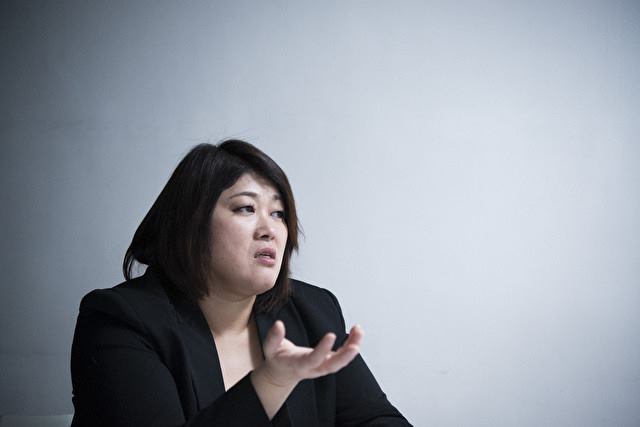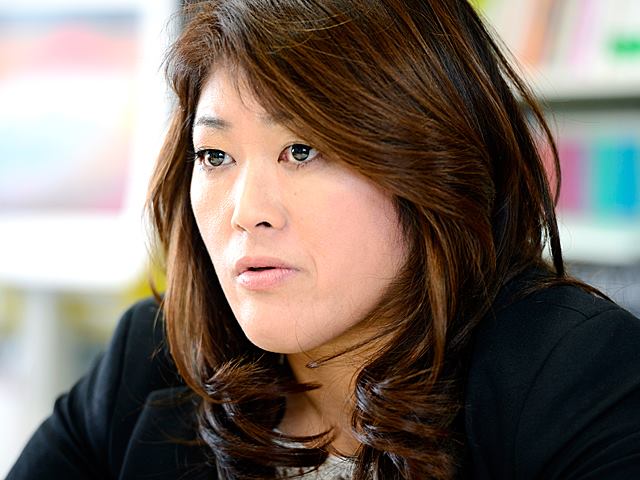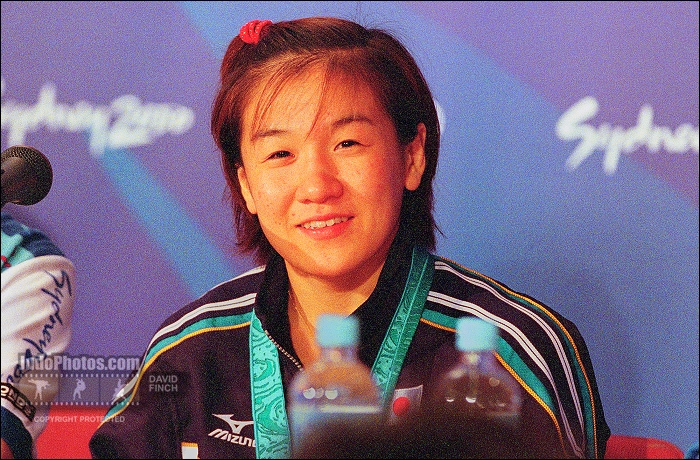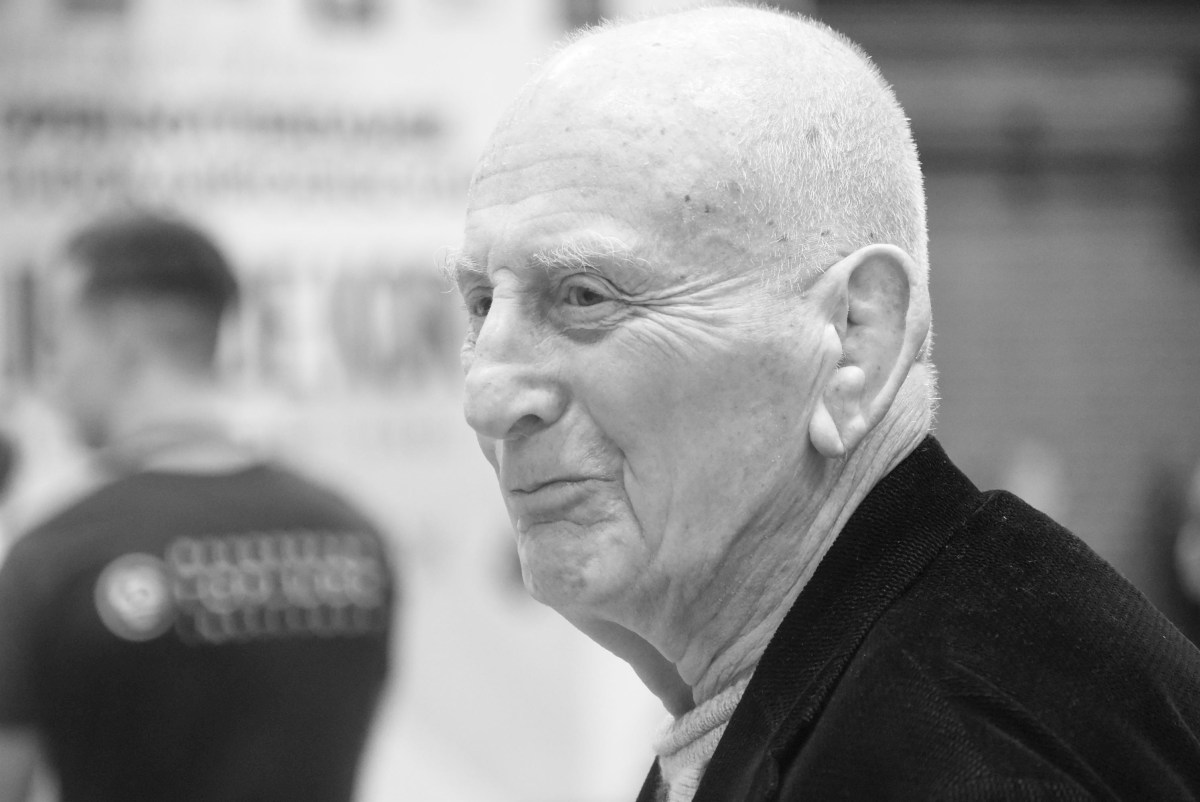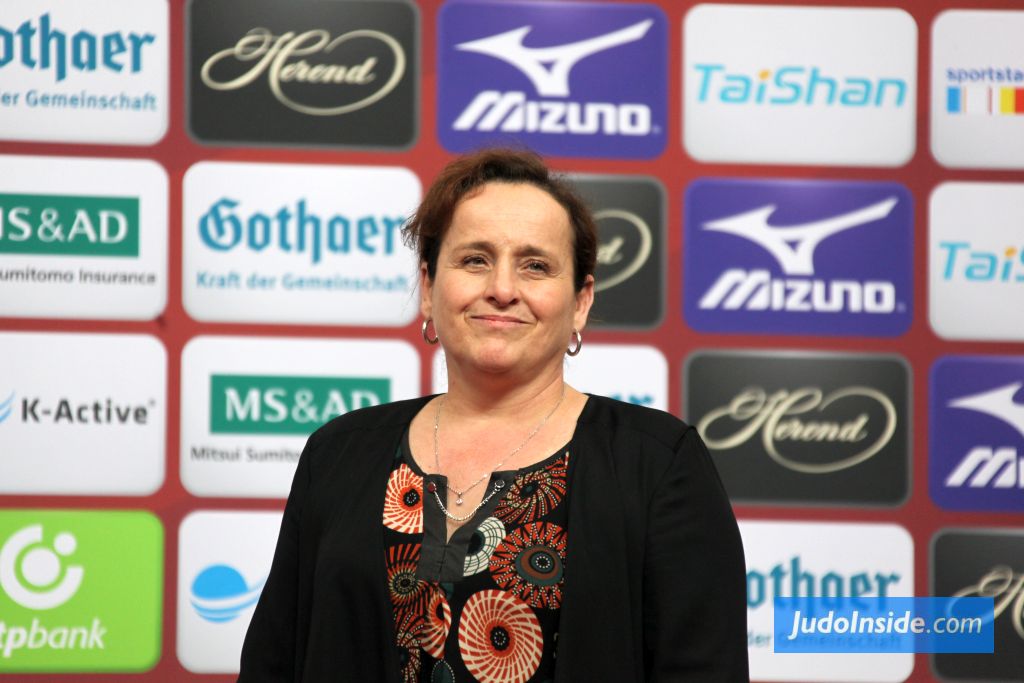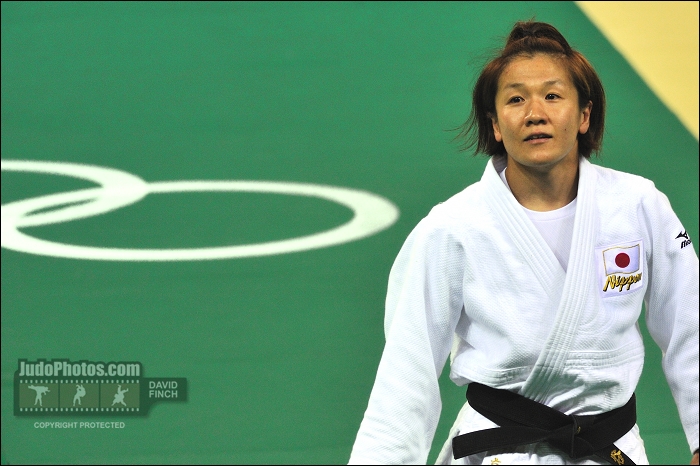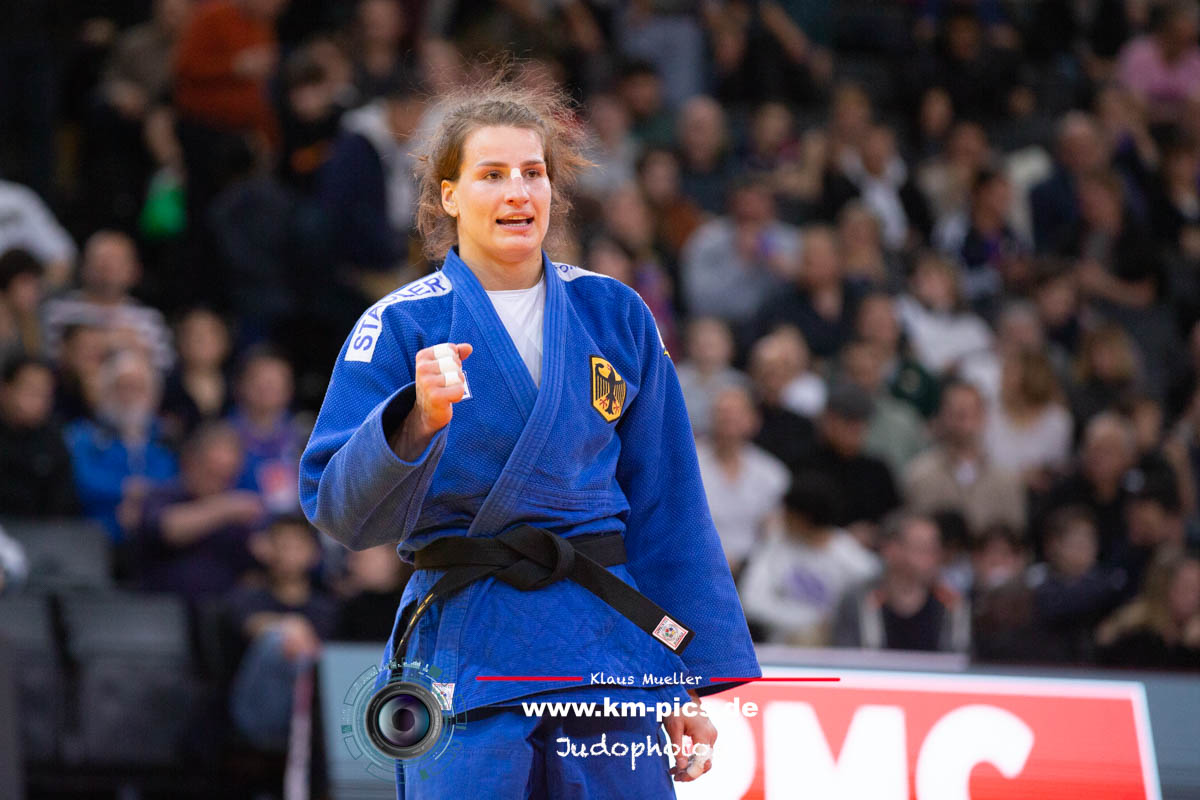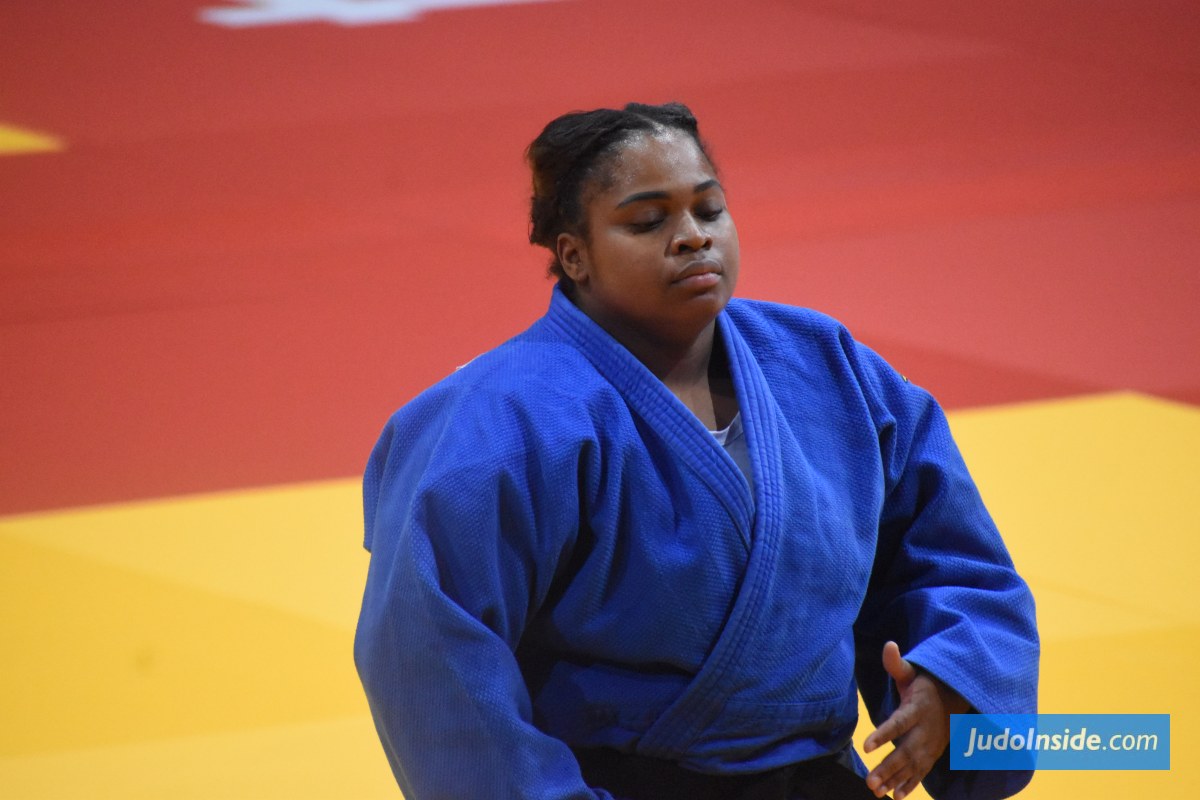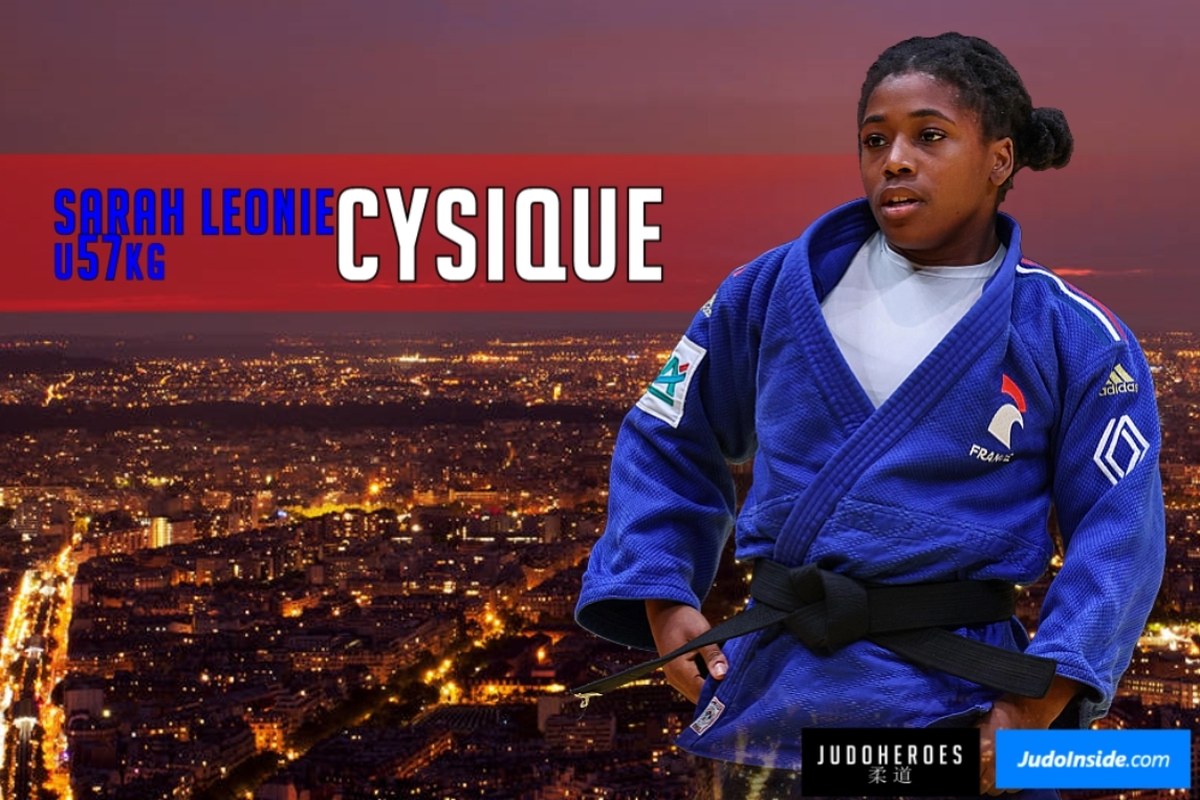Noriko Mizoguchi slams comments of Yoshiro Mori
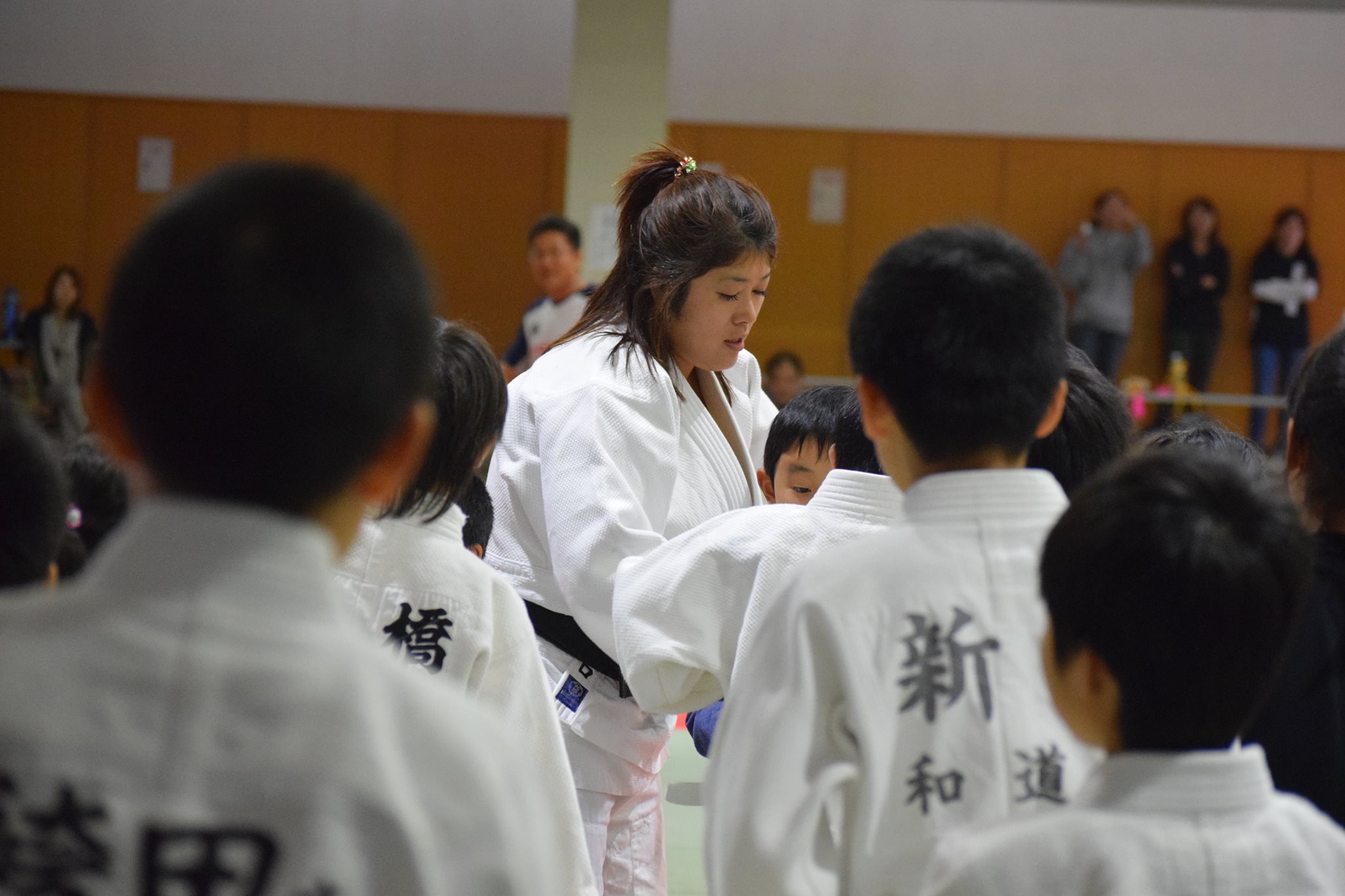
 5 Feb 2021 11:10
5 Feb 2021 11:10
 Japan Times
Japan Times
 Facebook
Facebook
Japanese former judoka Noriko Mizoguchi who was the 1992 Olympic finalist and now a university professor, called Yoshiro Mori’s recent comments toward women “discriminatory” as backlash against the controversial Tokyo 2020 president continued to intensify.
One day after making sexist remarks during a meeting of the Japanese Olympic Committee’s board of trustees, the 83-year-old Mori withdrew his words, which he described as “inappropriate”, at a news conference on Thursday saying he had no intentions of disparaging women.
Mori refused to resign from his role in charge of the Tokyo 2020 organizing committee after previously suggesting that criticism might force him to step down.
Mizoguchi who won the Tournoi de Paris in 1996, credited Mori for walking back his remarks, but added that his attitude during Thursday’s news conference, during which the former prime minister lashed out at reports who pressed him with questions, did not convince the public that his apology was genuine.
“With his coercive attitude, such as telling a reporter to remove her mask (when asking a question), I got the impression that he didn’t have the inclination to try to be on the same page with the public, 80% of which does not support the Olympics and Paralympics going ahead,” Mizoguchi, a sports sociology professor at the Japan Women’s College of Physical Education, told The Japan Times on Thursday.
Mizoguchi took exception to Mori’s statement that “there are only women and men, although there are people who are both,” finding those words “discriminatory.”
“While sexuality is getting more diverse, he might lack some insight into such things,” said Mizoguchi, a silver medalist of the women’s 52-kg class at the 1992 Barcelona Olympics.
“There are LGBTQ people among Olympic athletes and other officials. To group all of those people together as ‘non-binary’ could indicate a lack of sensitivity.”
“I’m concerned that this could impact the decision process of whether the Olympics will be held or not because he is the face of the host country.”
Mizoguchi, who serves as the president of the local sports association in Fukuroi, Shizuoka Prefecture, felt a “generation gap” while listening to Mori, believing that his remarks represent the stereotypical views of women held by many in Japan’s male-dominated society.
During his remarks on Wednesday, Mori suggested that women “have a stronger urge to compete” and that “when someone raises her hand, other women follow thinking they need to say something, too.”
“It can be taken as a message that ‘Women should shut up,’” Mizoguchi said. “There are many occasions when women raise their hands because they are aware of issues that need to be corrected, not because they like to compete, aren’t there?
“I feel that unconsciously interpreting that as a desire to compete represents (Mori’s) disgust, hostility and wariness toward women.”
Mizoguchi also rebuked Mori’s claim that women tend to speak longer in meeting environments. The 49-year-old said that in the past, such meetings were shorter because of structural problems in male-dominant organizations.
“It’s not that those meetings have gotten longer because the JOC increased the number of directors,” she said. “It was because those in charge would assemble people who would be ‘yes-men’ to them. And that was the tendency not just for the JOC but for top-down organizations in male-dominated society in general.”
Mizoguchi, who also serves as a council member of the All-Japan Judo Federation, added that the judo association used to mostly consist of male chiefs who would bring in their own hand-reared people, preventing open discussions as a result.
“When you obey your chief and aren’t able to suggest and point out issues, it leads to a lack of governance and the inability to cleanse the organization,” Mizoguchi said.
The Japan Sports Agency adopted a Governance Code for national federations, stipulating that at least 40% of their board members be women. The JOC, which has set a goal of meeting this standard, is currently at 20% female representation.
“The council (of the JOC) should set a goal of hiring women at a ratio of over 40%, not only for the board of directors” Mizoguchi said. “Based on recent trends showing that the number of female athletes is increasing and they are winning more medals than male athletes, I even think that the objective should be 50%.”
 like
like
 share
share
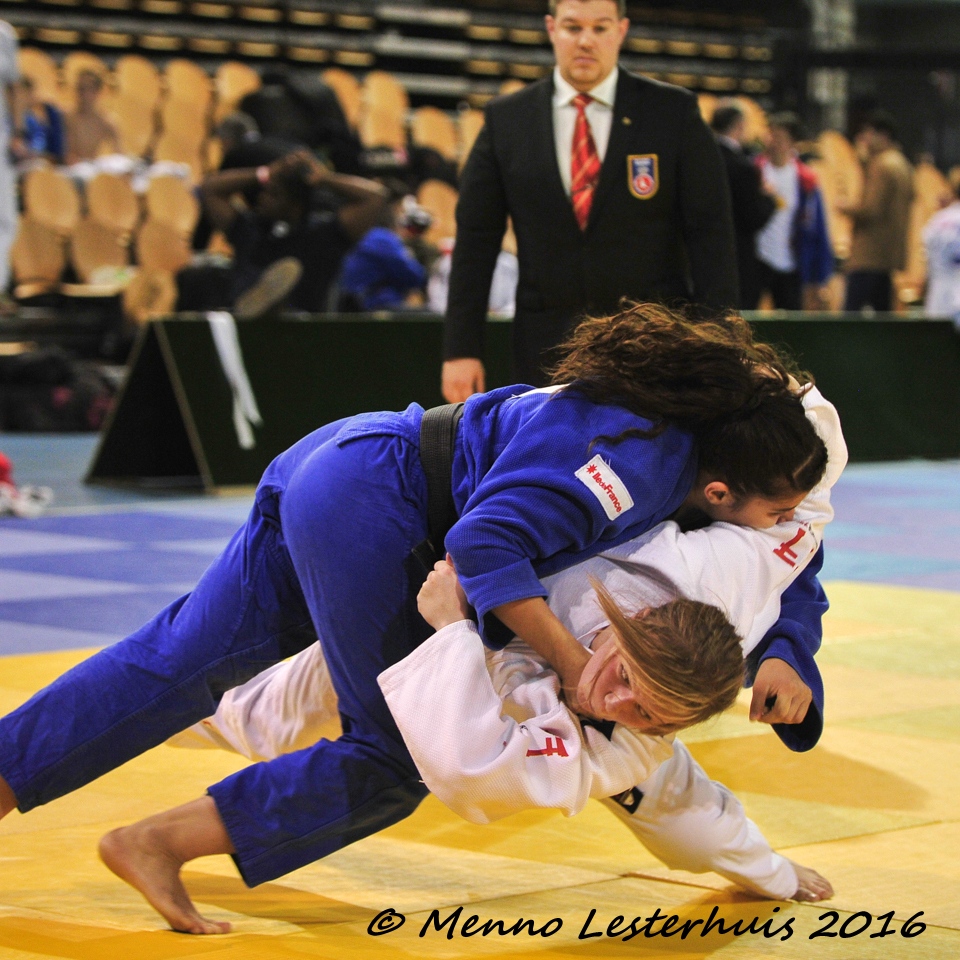
| Result | City | Date |
|---|---|---|
| 2 | Paris | 2024 |
| 1 | Abu Dhabi | 2024 |
| 1 | Zagreb | 2024 |
| 3 | Belgrade | 2023 |
| 2 | Montpellier | 2023 |
